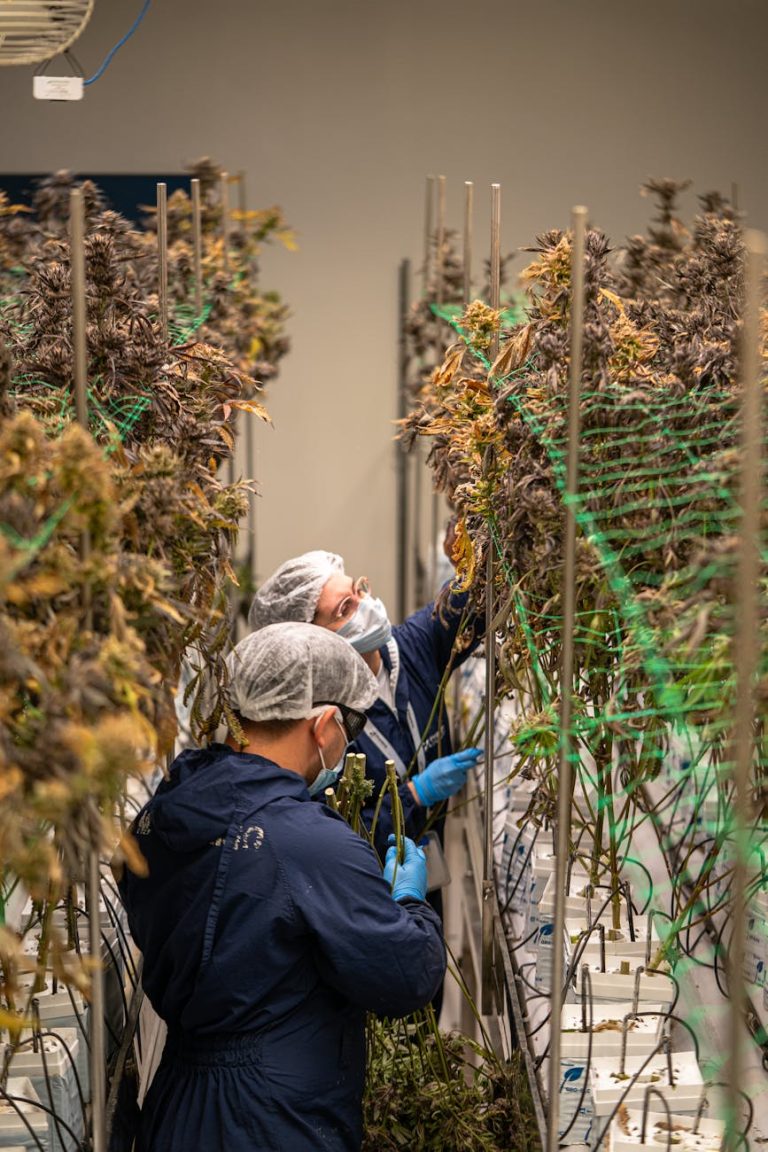Soil Health Key to Effortless Weed Prevention
Discover the secret to effortless weed prevention lies in nurturing your soil health. By fostering a balanced and fertile soil environment, you not only empower your plants to thrive but also naturally deter weed growth. Unveil the connection between soil health and weed prevention for a garden that flourishes with vitality.
Soil Health Key to Effortless Weed Prevention
When it comes to maintaining a thriving garden or farm, the health of the soil plays a crucial role in ensuring the success of your plants. One significant aspect of soil health that is often overlooked but is essential in preventing weeds is its overall balance and fertility. By nurturing and enhancing the health of your soil, you can create an environment that naturally suppresses weed growth, making weed prevention easier and more effective. In this article, we will explore the importance of soil health in weed prevention and provide valuable tips on how to promote a weed-resistant soil environment.
Understanding the Connection Between Soil Health and Weed Prevention
Healthy soil is the foundation of a productive and resilient garden ecosystem. Soil health refers to the well-being of the soil as a living, dynamic system that supports plant growth. A soil that is rich in organic matter, nutrients, and beneficial microorganisms provides a supportive environment for plants to thrive while naturally suppressing weed growth. One key aspect of soil health that impacts weed prevention is soil structure. Soil that is well-aerated, loose, and friable allows plant roots to penetrate easily and access water and nutrients efficiently, giving them a competitive edge over weeds.
Enhancing Soil Health for Effective Weed Prevention
To promote soil health and create a weed-resistant environment, consider implementing the following practices:
1. Add Organic Matter: Incorporating organic matter such as compost, manure, or cover crops into the soil improves its structure, fertility, and water retention capacity. Organic matter provides food for beneficial soil microbes that compete with weeds for nutrients, suppressing their growth.
2. Mulch: Mulching your garden beds helps conserve soil moisture, regulate soil temperature, and prevent weed seeds from germinating by blocking sunlight. Organic mulches like straw, wood chips, or leaves also break down over time, adding nutrients to the soil.
3. Crop Rotation: Rotating crops seasonally can help disrupt weed cycles and reduce the buildup of weed populations. Certain crops can also act as natural weed suppressants by releasing allelochemicals that inhibit weed growth.
4. Avoid Soil Compaction: Compacted soil restricts root growth and reduces water infiltration, creating favorable conditions for weeds to outcompete plants. Regularly aerating the soil or using raised beds can help prevent compaction and improve soil health.
5. Manage Watering Practices: Overwatering or underwatering can stress plants and weaken their ability to compete with weeds. Maintain proper watering levels to support plant growth and minimize weed establishment.
Conclusion
In conclusion, soil health plays a pivotal role in promoting weed prevention and maintaining a flourishing garden or farm. By prioritizing the well-being of your soil through the incorporation of organic matter, mulching, crop rotation, soil aeration, and proper watering practices, you can create an environment that naturally suppresses weeds and supports plant growth. Investing time and effort in enhancing soil health not only reduces the need for excessive weeding but also fosters a sustainable and resilient ecosystem. Remember, a healthy soil equals effortless weed prevention.






